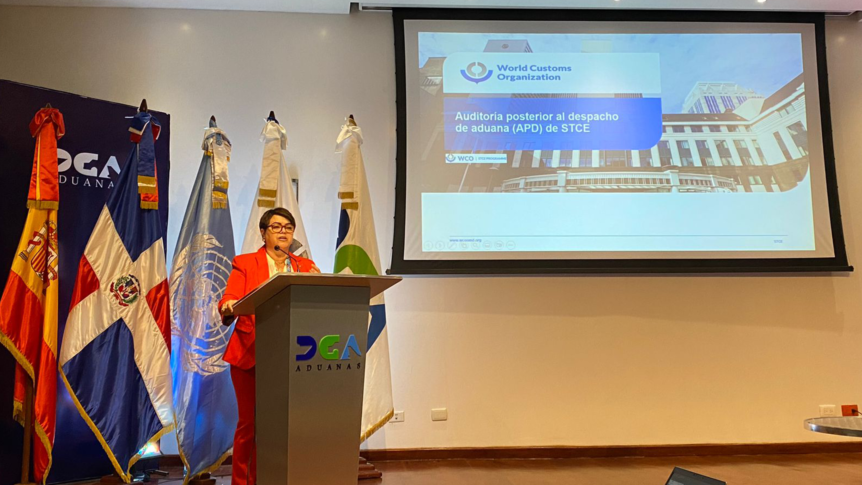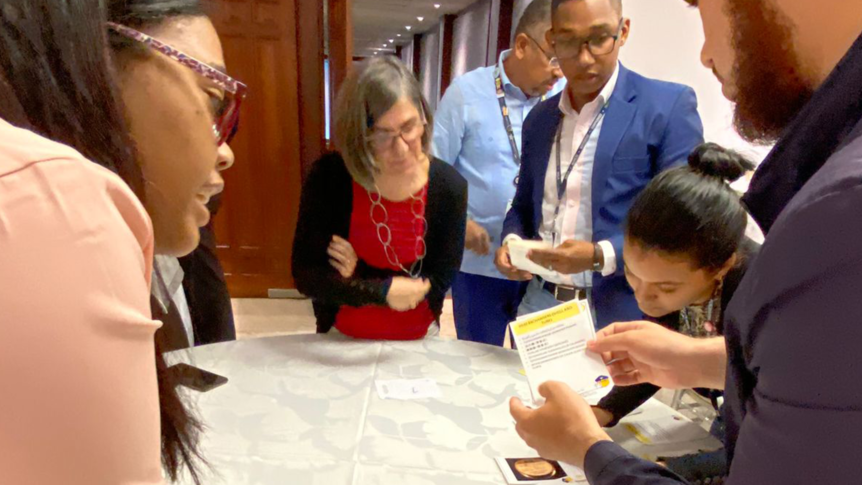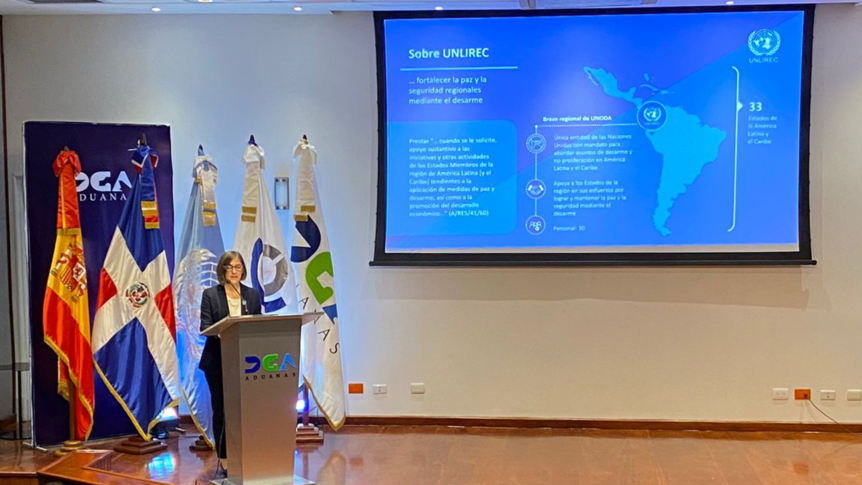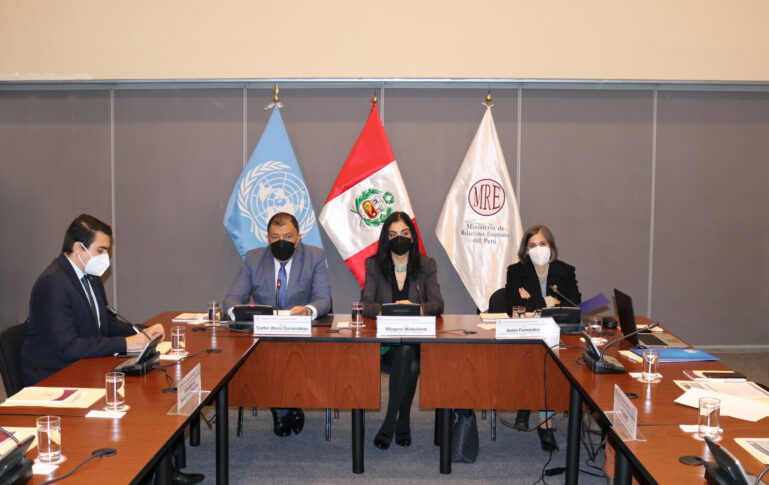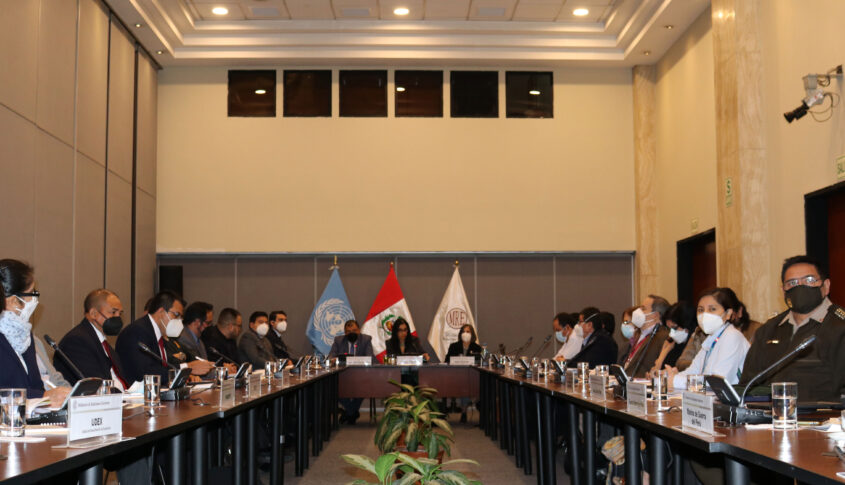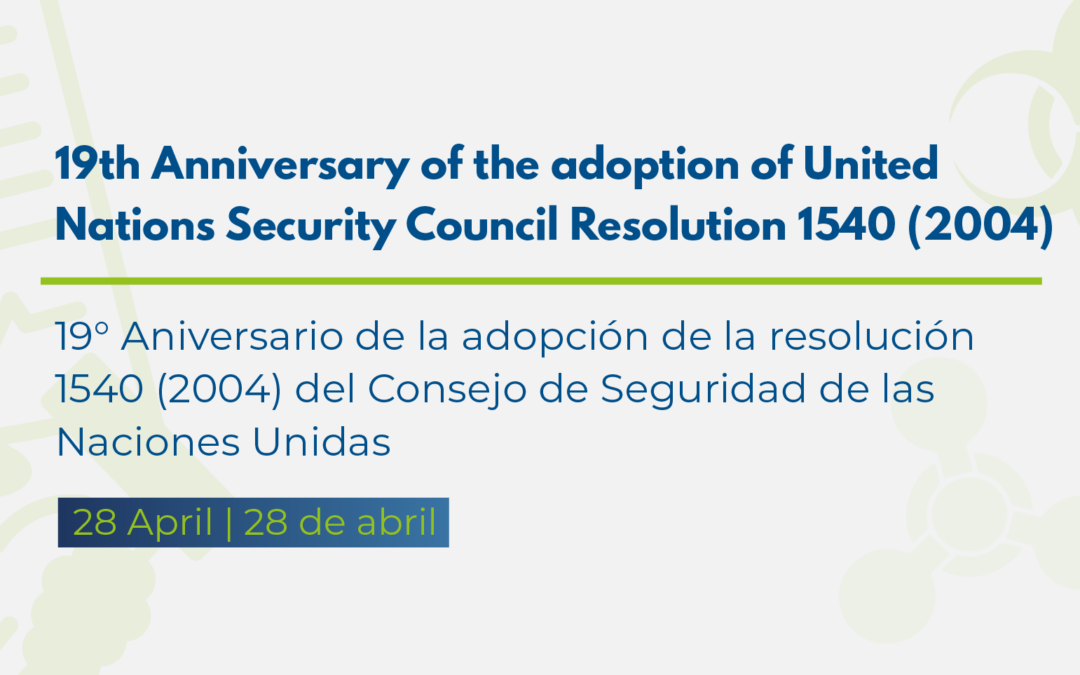
Apr 27, 2023 | Nonproliferation Instruments Programme
On 27 April 2023, the United Nations Regional Centre for Peace Disarmament and Development in Latin America and the Caribbean (UNLIREC) launched a campaign to promote the implementation of resolution 1540 (2004) and emphasize the importance of its effective implementation, on the occasion of the anniversary of the resolution’s adoption on 28 April 2004.
The proliferation of chemical, biological and nuclear weapons and their means of delivery constitutes a threat to international peace and security. With this in mind, resolution 1540 (2004) establishes a series of obligations for the States to tackle this challenge and calls for their active cooperation in the international community’s non-proliferation initiatives. In the Latin American and Caribbean region, it is important to strengthen the control of dual-use goods, which have legitimate peaceful uses but which could also be used to develop weapons of mass destruction.
UNLIREC is launching a campaign that includes informative videos, in order to raise awareness about the importance of resolution 1540 (2004), and to encourage Latin American and Caribbean States to effectively implement it, and to involve industry, the scientific community and academia.
Campaign materials can be viewed on UNLIREC’s social media and web portal. Learn more on our web page dedicated to resolution 1540.
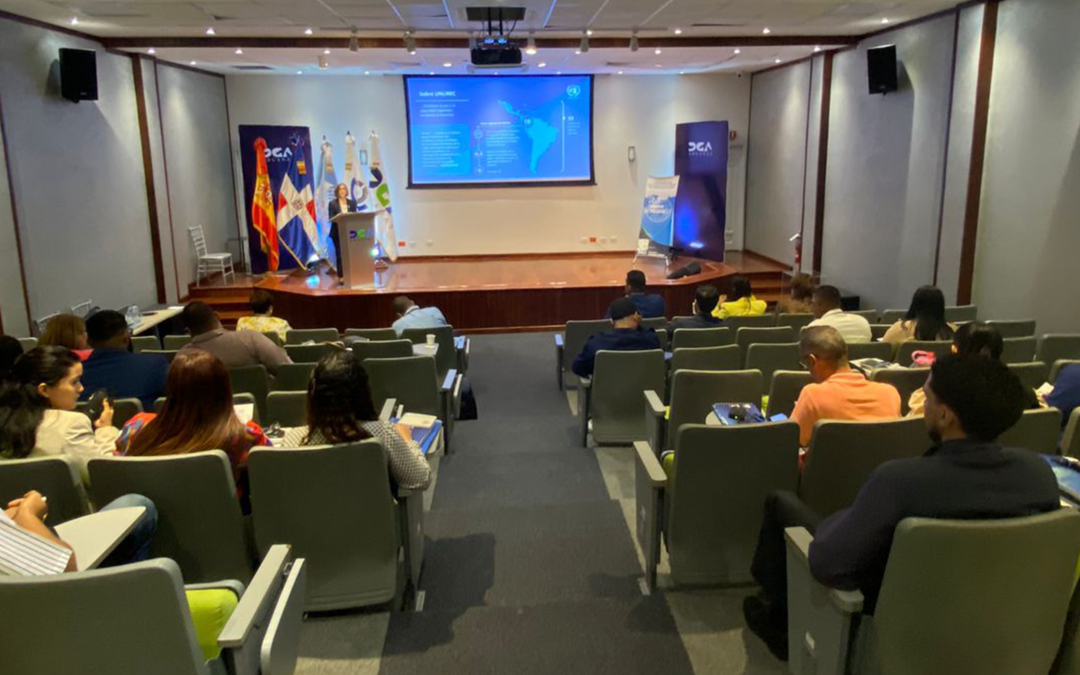
Oct 25, 2022 | Nonproliferation Instruments Programme
From 25 to 28 October 2022, 38 customs officers, including 16 women, from the Dominican Republic participated in a training on the implementation of strategic trade control in the context of United Nations Security Council resolution 1540, adopted in 2004, with the aim of strengthening the capacities of customs authorities in the Dominican Republic to control the strategic trade of dual-use goods.
Dual-use goods refer to products that have legitimate purposes, such as medicine and other areas of science, and can also be used for illegitimate purposes such as the development of weapons of mass destruction (WMD) and their delivery systems (missiles, rockets and other unmanned systems), among others.
Throughout technical-practical sessions, the training highlighted criteria and imparted knowledge on the identification of dual-use goods or strategic goods in customs processes. These measures are part of the obligations contained in Resolution 1540 to prevent non-state actors from acquiring WMD and its delivery systems.
The training was co-organized by the United Nations Regional Centre for Peace, Disarmament and Development in Latin America and the Caribbean (UNLIREC), the General Directorate of Customs – Green Customs of the Dominican Republic (DGA) and the World Customs Organization (WCO) in Santo Domingo and was attended by experts from these organizations.
This activity was carried out with the financial support of the Government of Spain and the WCO and contributes to the implementation of the UN Secretary-General’s Disarmament Agenda.
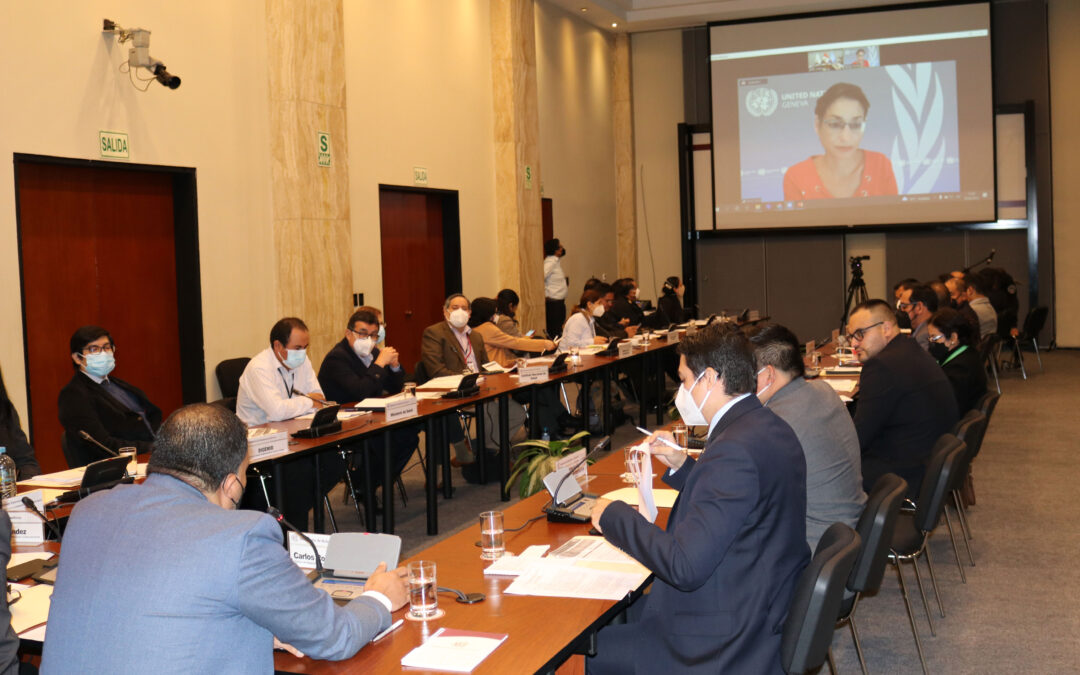
Jun 30, 2022 | Nonproliferation Instruments Programme
On 30 June 2022, UNLIREC held a national introductory workshop in Peru which focused on the international legal regime against biological, chemical, and nuclear weapons, also known as weapons of mass destruction (WMD) and emphasized biological security.
This activity was organized in coordination with the Ministry of Foreign Affairs of Peru, and with the intervention of the International Support Unit of the Biological Weapons Convention (ISU-BWC) from the UN Office for Disarmament Affairs in Geneva. Thirty Peruvian officers involved in implementation of WMD disarmament and non-proliferation treaties participated.
The workshop gathered representatives of relevant national institutions and facilitated a discourse on the challenges and opportunities to strengthen the non-proliferation regime of biological weapons in Peru.
Controlling biological agents, toxins and related goods is important since they could be used for both legitimate purposes, such as medicine, as well as illegitimate purposes, namely the proliferation of biological weapons. Conversations focused on Peru´s interest in adopting and implementing national legislation to reduce the risks of the illegitimate uses of biological agents, toxins, and related goods. Such legislation would contribute to the security of citizens. During the workshop good practices and effective measures to protect people and the environment of the laboratories to infectious agents and toxins were also discussed.
Complementary, the workshop facilitated a dialogue on the main provisions included in international instruments such as the BWC and the United Nations Security Council Resolution 1540 (2004) which mandate the prevention of the proliferation of WMD and their means of delivery to non-State actors.
Through this activity, UNLIREC seeks to contribute to strengthened capacities of Peruvian authorities to prevent the proliferation of weapons of mass destruction, including biological weapons in accordance with the UN Secretary-General’s Agenda for Disarmament – Securing our common future.



